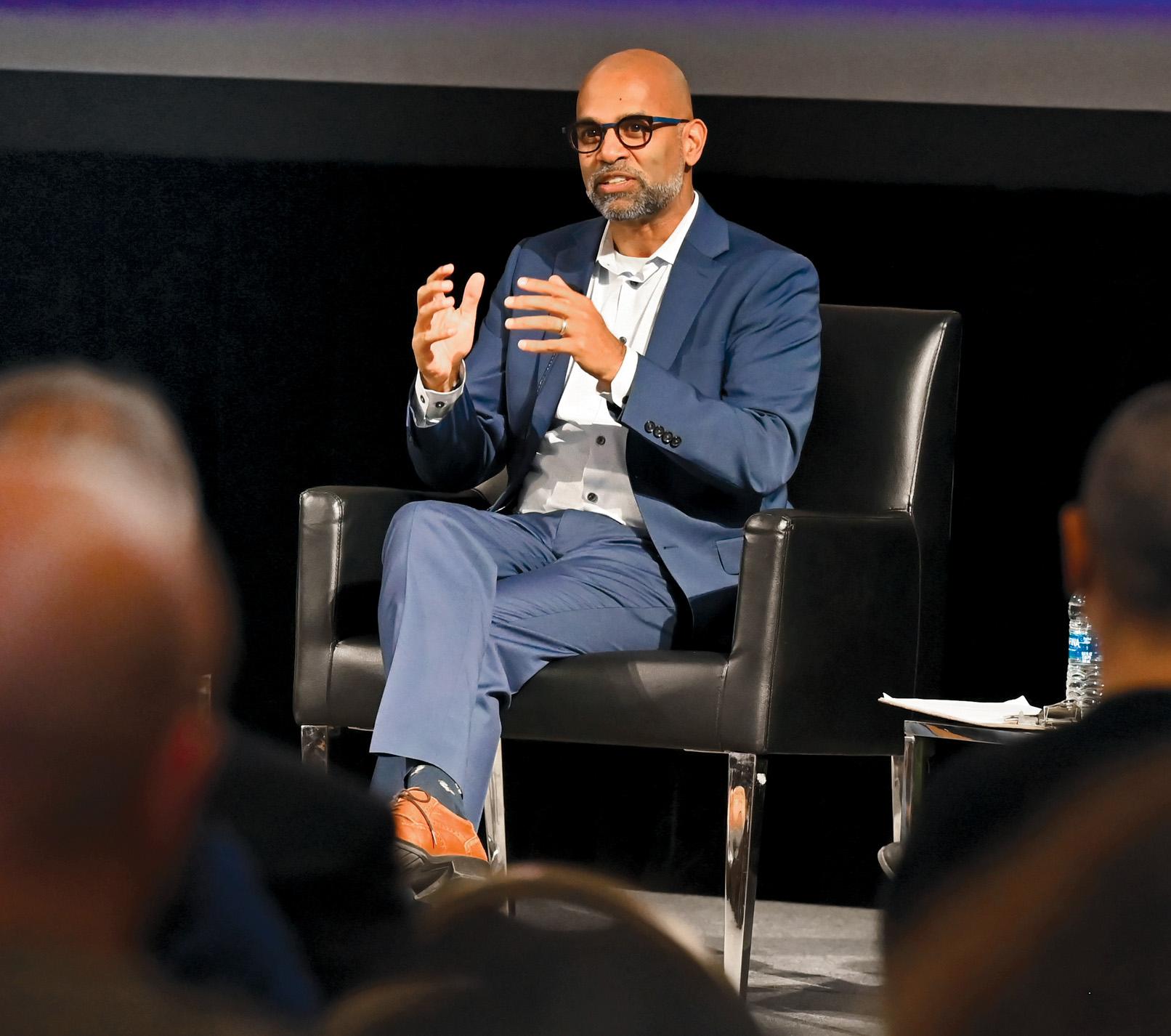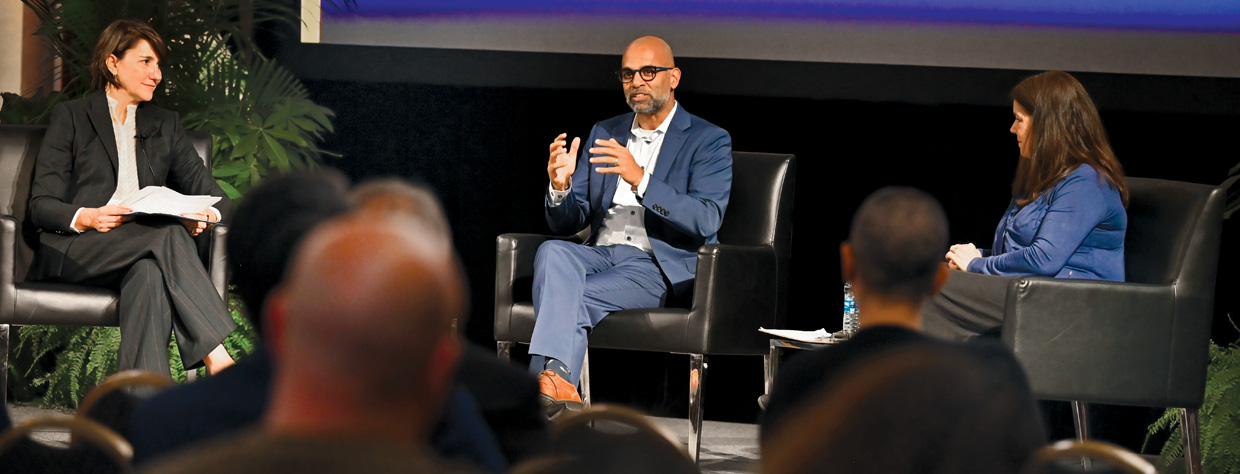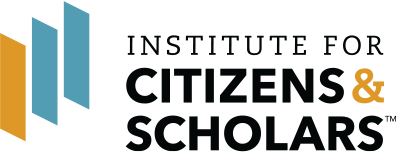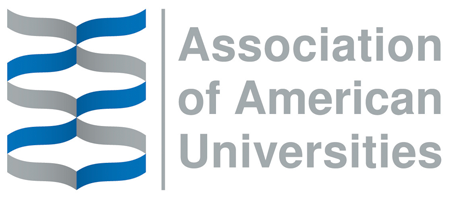Trusted Neighbor


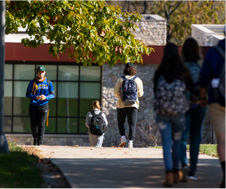

Pitt Fills Cavity in Rural Health
Pennsylvania has the third-largest rural population—more than 3 million—in the nation, placing the commonwealth at the center of significant issues impacting rural health. Access to dental care has been a growing concern, leaving residents at risk for oral health complications. As part of our commitment to addressing the needs of Pennsylvanians, we announced the creation of the Pitt Dental Medicine Regional Training Centers, a multidisciplinary educational and patient care initiative structured to provide unique opportunities for students to enhance access to care and improve oral health outcomes. Three inaugural regional training centers will be located in Bradford, Johnstown and Titusville, with additional sites coming online over the coming years.

ICYMI: Pitt Boosts Pennsylvania’s Economy
A 2024 economic impact study showed that the University generates $6.6 billion annually for the state’s economy. This impact ranges from our teaching, research and service efforts to the success of our graduates.
